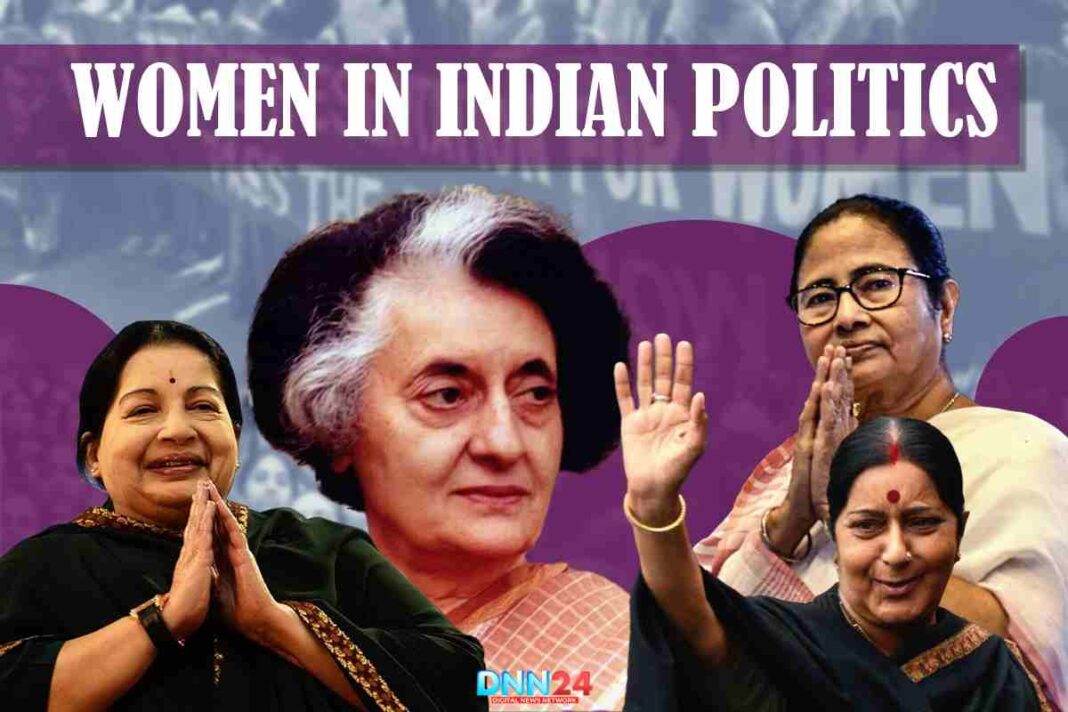India’s rich tapestry of cultures and spirituality has fostered a unique tradition of harmony and reverence for figures like Shri Krishna within the Muslim mystical traditions. This historical tapestry, dating back to medieval accounts such as Al-Bruni, reflects the deep-rooted respect and admiration for Shri Krishna among Indian Muslims.
Notable Indian Muslim scholar and Sufi poet Maulana Syed Fazl-ul-Hasan Hasrat Mohani, known for coining the Urdu slogan “Inquilab Zindabad” during the freedom movement, frequently visited Vrindavan in Mathura, the sacred land of Shri Krishna, before embarking on his Hajj pilgrimage to Mecca. This tradition, often referred to as ‘Krishnite Sufism,’ underscores the coexistence of diverse beliefs and mutual respect in India.
This harmonious tradition finds its foundation in the idea that figures like Shri Krishna and Shri Ram could have been divine messengers sent to the Indian subcontinent, a belief propagated by authoritative Sufi mystics like Mirza Mazhar Jaan-e-Jaan and Shah Turab Chishti.
Some Indian Ulema even cites a hadith narration from the book “Tarikh Hamdan,” suggesting the presence of a prophet named Kahin in India, further reinforcing the notion of shared spiritual heritage.
The legendary Indian Muslim mystic Raskhan immersed himself in Krishna consciousness, composing ecstatic poetry that resonates with people in Mathura to this day. Janmashtami, the celebration of Shri Krishna’s birth, witnesses Hindus and Muslims alike reciting Raskhan’s poems and offering prayers for the well-being of all humanity, highlighting the enduring links between Indian Muslims and the mystical tradition.
Sufi scholar Khwaja Hasan Nizami authored “Krishn Beiti” in 1917, later renaming it as “Krishna Katha” or “Krishna Jeewan.” In this book, he aimed to dispel misconceptions about Shri Krishna, particularly among Muslims. Khwaja Hasan Nizami described Shri Krishna as a great teacher who imparted spiritual and worldly wisdom to Indians.
Shri Krishna’s veneration extends beyond Khwaja Hasan Nizami to mystic poets like Nazeer Akbarabadi and Mohsin Kakorvi, who celebrated him in Urdu poetry.
These Indian Muslim mystics exemplify the pluralistic and inclusive spirit of India, where different faiths and traditions coexist in harmony. Their legacy endures, reminding us of Shri Krishna’s unifying message of love, inspiring people throughout India with its timeless resonance.
For a detailed story, please visit: Awaz the voice
Also Read: India’s Global Leadership: G-20 and Development
You can connect with DNN24 on Facebook, Twitter, and Instagram and subscribe to our YouTube channel.



